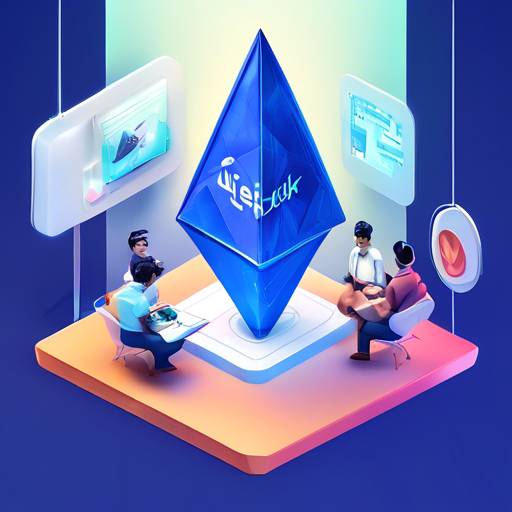Lisk Partners with Indonesia’s DGIA MCIT to Boost Web3 Startups
Lisk, the Layer-2 platform rooted in the OP Stack, has entered into a partnership with Indonesia’s Directorate General of Informatics Applications under the Ministry of Communications & Informatics Technology (DGIA MCIT). The collaboration aims to boost the Indonesian Web3 startup scene by providing foundational developer platforms, mentorship, and initial funding to Web3 startups participating in the 1000 Digital Startup Program. Lisk also plans to develop educational resources on Web3 technologies for nascent Indonesian entrepreneurs.
“At Lisk, we have been democratizing blockchain tech since our beginning in 2016. As we move into our next chapter as a Layer 2 focused on helping builders in Emerging Markets, we are looking forward to this unique opportunity to work in Indonesia alongside such strong partners like DGIA MCIT.”
– Max Kordek, the luminary behind Lisk
The Goal of the Partnership
The overarching goal of the Lisk partnership is to support and bolster the 1000 Startup Digital Program initiated by DGIA MCIT. Lisk aims to provide essential support throughout various developmental stages by offering bootstrap grants, mentorship, and community engagement initiatives. This collaboration aligns with Lisk’s commitment to nurturing a vibrant Web3 ecosystem within the program’s framework.
WP feature quote: “This collaboration is not just a mere agreement; it’s a visionary step towards fostering innovation, knowledge-sharing, and empowerment in the field of blockchain technology. We intend to collaborate in order to educate, encourage innovation, and empower Indonesian entrepreneurs and software developers with the skills needed to effectively harness blockchain technology.”
– Semuel A. Pangerapan, Director General of Informatics Applications
In addition to supporting the startup program, Lisk’s partnership with DGIA MCIT also demonstrates the platform’s focus on emerging markets and its commitment to empowering builders within these regions. Lisk recognizes the potential of blockchain technology and prioritizes solutions that can meet local demands, particularly in applications leveraging real-world assets, off-chain assets, and decentralized physical infrastructure networks.





 By
By

 By
By

 By
By